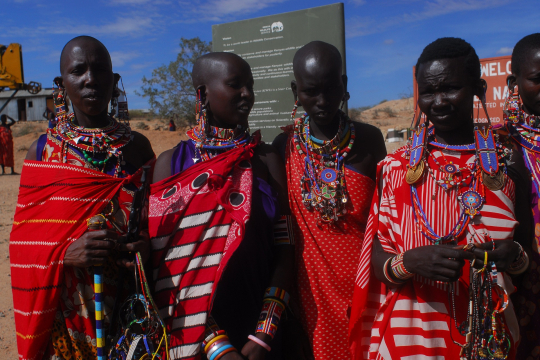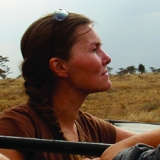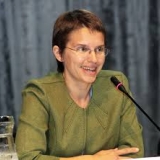Abstract
The UNESCO World Heritage Site Ngorongoro Conservation Area (NCA) in Tanzania is a well-known example of the challenges of managing a conservation area for multiple goals including meeting the needs of residents within the conservation area. The NCA seeks to achieve multiple goals including protecting biodiversity, providing tourism opportunities, improving resident Maasai livelihoods, and conserving Maasai culture. Within and beyond the NCA, most analyses and projects focus on Maasai men, who are cattle herders and heads of multi-household families. In this paper, we describe livelihoods and well-being, as affected by the protected area, from the perspective of the Maasai women. Recognizing that well-being (and poverty) is multi-dimensional, we examine how different factors correlate with self-reported life satisfaction and we apply the framework of the UN Sustainable Development Goals (SDGs). For each of the SDGs, we report the available evidence from documentation and from surveys of village leaders, female heads of household, and a small supplementary sample of male heads of polygamous families. We administered the surveys in all 23 Maasai villages in the NCA. The survey results confirm that poverty is widespread, but with substantial variation in the depth of poverty and in access to essentials including water, food, and fuel. The reported life satisfaction of Maasai women is correlated with food security, clothing quality, and access to markets and social services, but not with family ownership of cattle, which is the most used metric of Maasai wealth. Our findings suggest potential improvement in NCA programs and provide a baseline to analyze the effects of any such changes in those programs from the perspective of Maasai women.
Keywords: biodiversity conservation; gender; pastoralists; protected areas; Maasai; Sustainable Development Goals (SDGs); people and parks.




